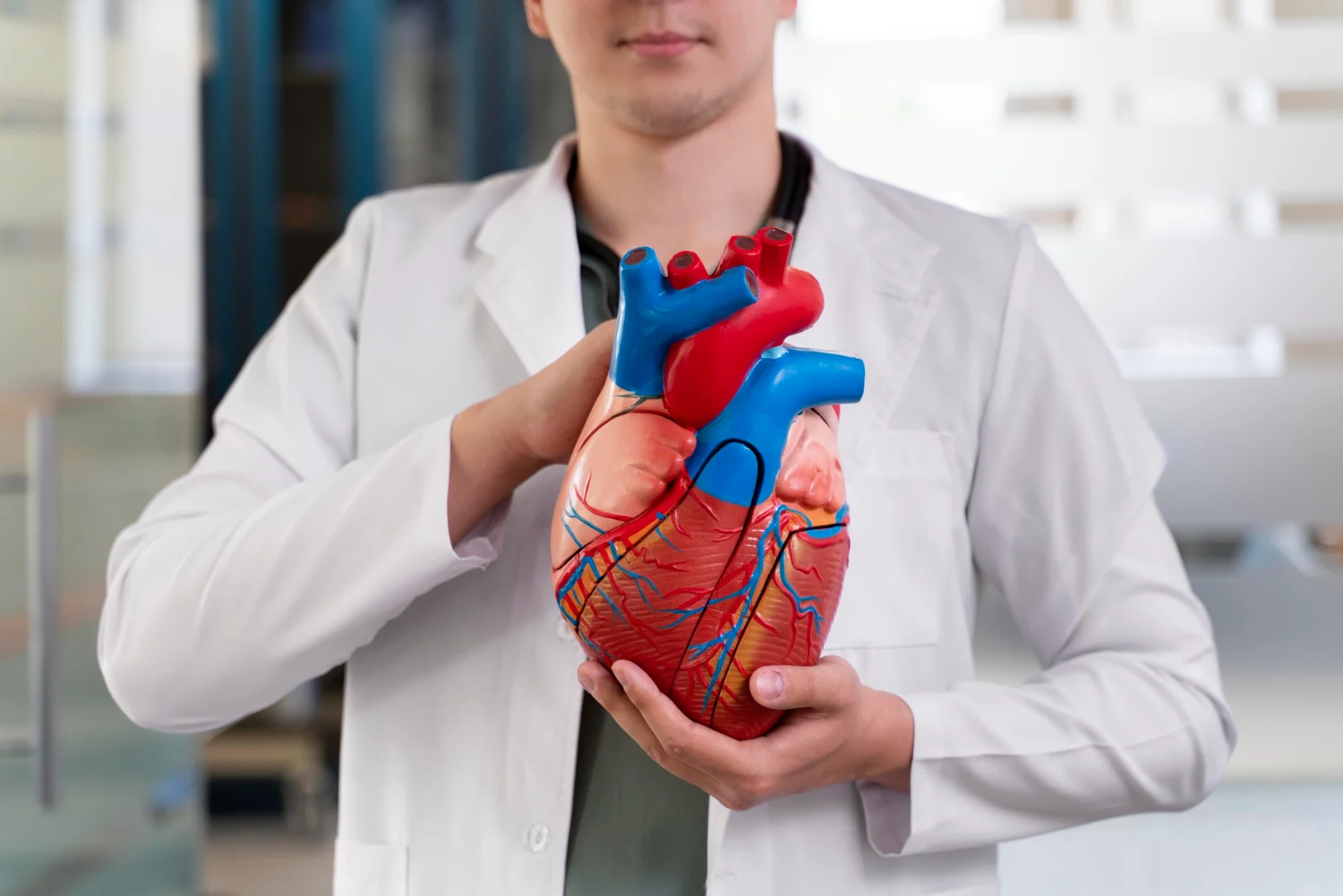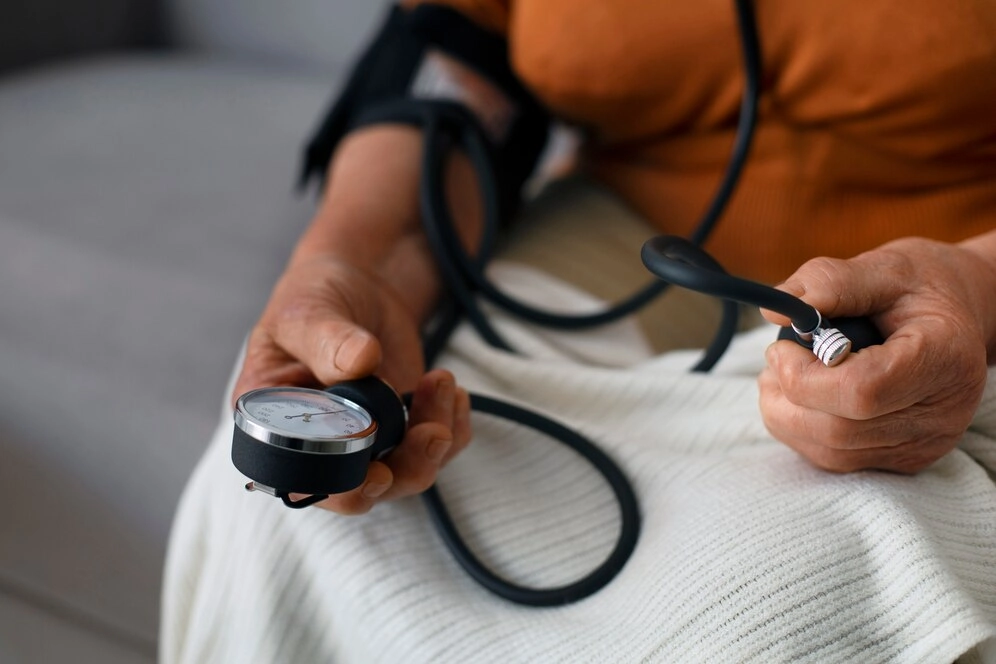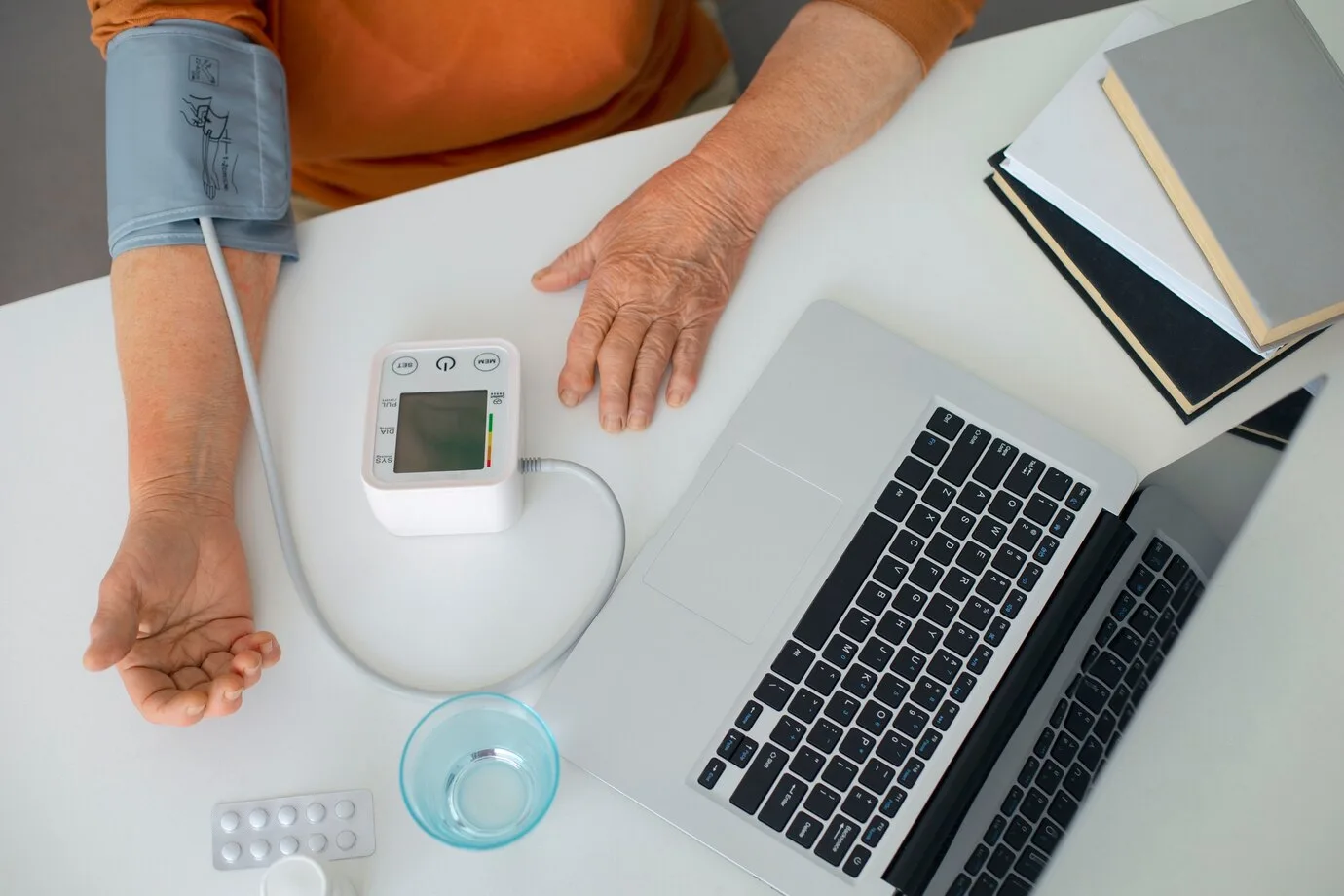How To Prevent Heart Attack?
Category: Cardiology
Heart attacks remain one of the leading causes of death globally, and the numbers continue to rise due to sedentary lifestyles, poor dietary habits, and chronic stress. Fortunately, many heart attacks are preventable. With the right lifestyle choices, early medical guidance, and awareness, you can significantly reduce your risk.
When it comes to comprehensive heart care, choosing the right hospital and experienced cardiologists is just as crucial as making the right lifestyle decisions. That’s where Lokmanya Hospital, a pioneer in cardiac and emergency care in Pune and across Maharashtra, plays a life-saving role. With a dedicated team of cardiologists and world-class diagnostic technology, Lokmanya has earned a reputation for offering the best cardiology treatment in Pune.
In this blog, we’ll explore how to prevent a heart attack, understand what causes it, and provide practical tips you can apply today. We’ll also cover the most searched questions by users such as what causes a heart attack, when to see a cardiologist, and why prevention is better than cure.
What Causes a Heart Attack?
A heart attack, medically known as myocardial infarction, happens when blood flow to the heart muscle is severely reduced or blocked. This blockage is often caused by a buildup of fat, cholesterol, and other substances forming a plaque in the coronary arteries.
Most common causes include:
- High blood pressure
- High cholesterol
- Smoking
- Obesity
- Diabetes
- Lack of physical activity
- Excessive alcohol consumption
- Uncontrolled stress
Understanding these causes is the first step toward prevention. By addressing these risk factors early, you can significantly improve your heart health.
1. Maintain a Heart-Healthy Diet
A poor diet is one of the leading contributors to cardiovascular disease.
Tips to follow:
- Focus on a Mediterranean-style diet – rich in vegetables, fruits, whole grains, lean protein, and healthy fats.
- Avoid trans fats and processed foods.
- Limit sodium intake to manage blood pressure.
- Include omega-3 fatty acids (from fish like salmon and mackerel) to reduce inflammation.
2. Exercise Regularly – Stay Active
Physical activity keeps the heart muscles strong, improves blood circulation, and helps maintain a healthy weight.
Recommended routine:
- At least 150 minutes of moderate aerobic exercise per week (like brisk walking or cycling).
- Include strength training exercises twice a week.
- Stretching and yoga to improve flexibility and reduce stress.
Even a 30-minute walk daily can reduce the risk of a heart attack.
3. Control Blood Pressure and Cholesterol
High blood pressure and cholesterol silently damage your heart over time. Routine check-ups and lifestyle changes can keep them under control.
Prevention tips:
- Reduce salt and alcohol.
- Take prescribed medications regularly.
Get regular screenings at a reputed center like Lokmanya Hospital, known for offering top preventive cardiology services in Pune.
4. Quit Smoking and Limit Alcohol
Smoking significantly increases the risk of coronary artery disease. Even passive smoking is harmful. Alcohol, when consumed in excess, can lead to high blood pressure and arrhythmias.
FAQs users often ask:
- Why is smoking harmful for heart health?
- How much alcohol is safe for heart patients?
Answer: Ideally, quit smoking completely and limit alcohol to no more than one drink per day for women and two for men, under doctor supervision.
5. Manage Stress Effectively
Stress leads to increased blood pressure, poor sleep, and emotional eating—all of which can strain your heart.
Strategies to manage stress:
- Practice deep breathing, mindfulness, or meditation
- Engage in hobbies or spend time in nature.
- Seek help from a mental health expert when needed.
6. Get Regular Health Screenings
Prevention is always better than emergency treatment. Regular health checks help detect early warning signs.
Must-do tests include:
- Blood pressure and cholesterol levels
- Blood sugar levels
- ECG or stress tests
- BMI and waist circumference
Visit a trusted hospital like Lokmanya, widely regarded as one of the best hospitals for preventive cardiology in Pune, for annual screenings.
7. Recognize Early Symptoms and Act Fast
Heart attack symptoms are not always dramatic. Knowing them can save lives.
Watch for:
- Chest pain or discomfort
- Shortness of breath
- Fatigue
- Nausea or light-headedness
- Pain in arm, neck, or jaw
If you experience any of these, immediate treatment at a specialized emergency care unit like Lokmanya Hospital is vital.
Why Prevention Matters More Than Ever
With increasing sedentary jobs and fast-paced lifestyles, heart attacks are no longer a concern only for older adults. Today, even people in their 30s and 40s are at risk. Prevention empowers you to control your future health instead of waiting for a crisis.
Top Searches Answered:
- When should you worry about your heart?
Anytime you notice unexplained fatigue, chest tightness, or breathlessness. - Why are young adults getting heart attacks?
Rising stress, poor diets, smoking, and lack of awareness. - What are the top ways to avoid a heart attack naturally?
Diet, exercise, stress management, no smoking, and regular health check-ups.
Why Choose Lokmanya Hospital for Heart Health?
Lokmanya Hospital is not just a name—it’s a beacon of trust in cardiac care. With an advanced Cardiology & Emergency Department, Lokmanya has been at the forefront of saving lives with timely diagnosis and treatment. Whether it’s routine screening or emergency angioplasty, the hospital’s state-of-the-art infrastructure and trained experts provide unmatched care.
With top heart specialists in Pune, cutting-edge cath lab technology, and 24x7 ICU and ambulance services, Lokmanya ensures you're in the safest hands. Patients from across Maharashtra and India trust Lokmanya for their journey toward better heart health.
Final Thoughts: Take the First Step Today
Preventing a heart attack isn't about one big change—it's about consistent, small decisions that protect your health over time. Start by booking your heart screening today. And if you're looking for the best cardiology hospital in Pune with world-class care and expert advice, Lokmanya Hospital is your trusted partner in prevention.
FAQs
1. What are the main causes of a heart attack?
Heart attacks are mainly caused by blocked blood flow to the heart muscle, often due to high blood pressure, high cholesterol, smoking, obesity, diabetes, and lack of physical activity.
2. How can I reduce my risk of having a heart attack?
You can reduce your risk by maintaining a heart-healthy diet, exercising regularly, managing stress, quitting smoking, limiting alcohol, controlling blood pressure and cholesterol, and getting regular health screenings.
3. When should I see a cardiologist for heart health?
You should consult a cardiologist if you experience symptoms like chest pain, shortness of breath, unexplained fatigue, or if you have risk factors such as high blood pressure, diabetes, or a family history of heart disease.
4. Why is stress management important for preventing heart attacks?
Stress increases blood pressure and can lead to unhealthy habits like poor diet and smoking, all of which strain the heart. Managing stress through meditation, hobbies, or professional help supports heart health.
5. Why choose Lokmanya Hospital for heart attack prevention and treatment?
Lokmanya Hospital offers advanced cardiology care with experienced specialists, cutting-edge diagnostic technology, 24x7 emergency services, and a patient-focused approach, making it the best cardiology hospital in Pune.
Previous blog







